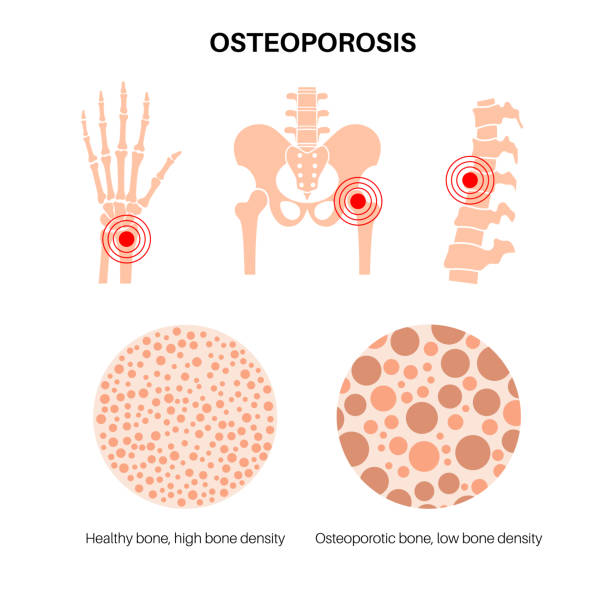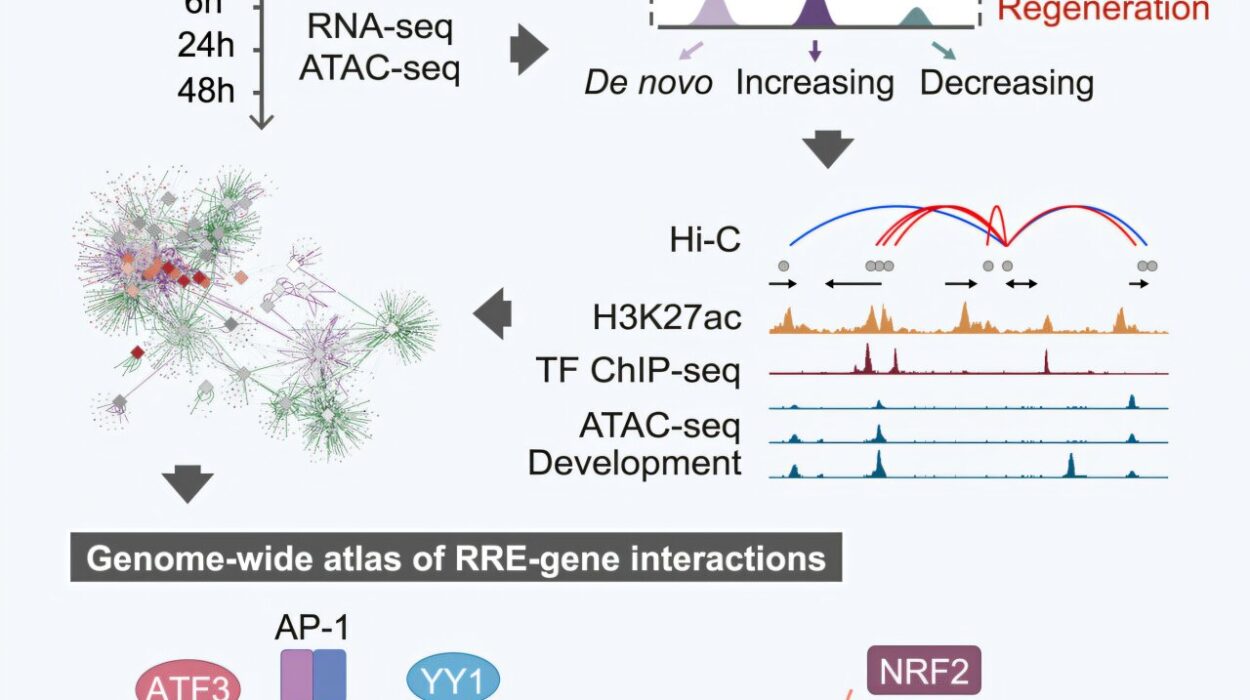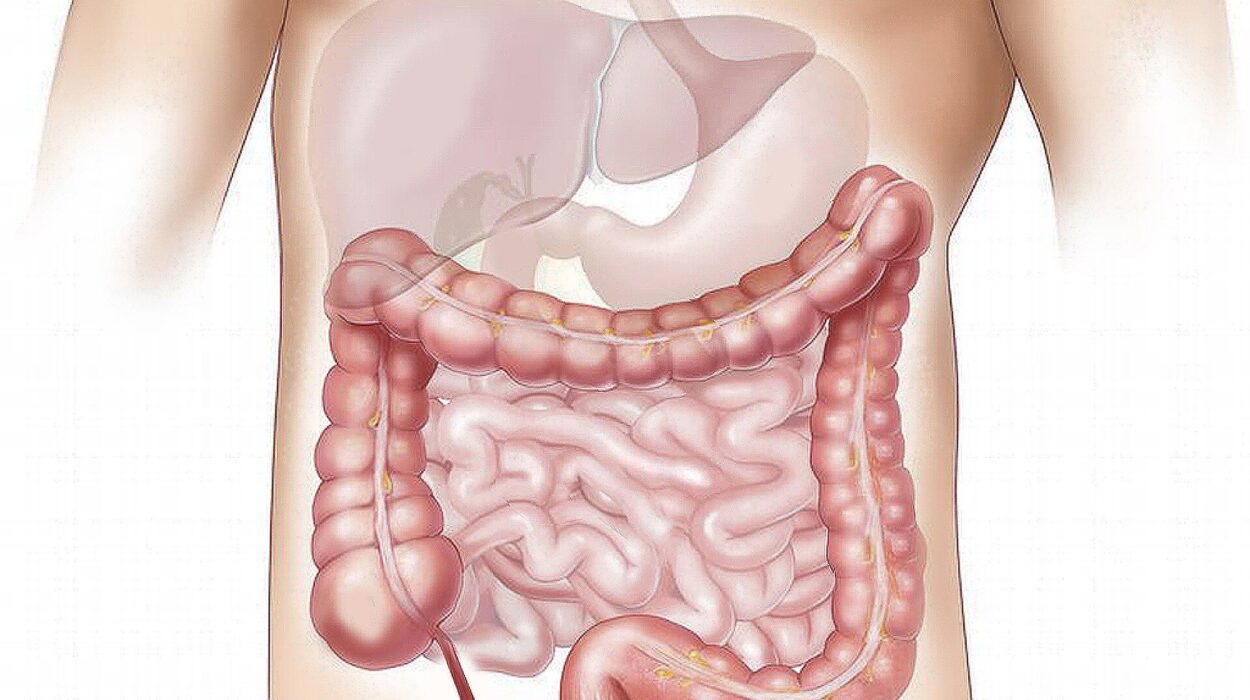What if the food we put on our plates today could determine how healthy we are decades from now? A new large-scale study led by the University of Vienna suggests that it can. Working with the International Agency for Research on Cancer (IARC) in France and Kyung Hee University in South Korea, researchers investigated the eating habits of more than 400,000 adults across six European countries.
The results, published in The Lancet Healthy Longevity, paint a compelling picture: diets rich in plant-based foods are strongly linked to a reduced risk of developing multimorbidity—the presence of two or more chronic diseases in one person. Specifically, a predominantly plant-based diet was associated with lower risks of cancer, diabetes, and cardiovascular diseases, even when accounting for age differences.
Why Multimorbidity Matters
Multimorbidity is not a single disease—it’s the heavy burden of several conditions occurring at once. Imagine facing diabetes, heart disease, and cancer simultaneously. For millions worldwide, particularly people over 60, this is reality. Multimorbidity complicates treatments, reduces quality of life, and places enormous strain on healthcare systems. Preventing it is one of the greatest challenges in modern medicine.
This study offers hope. By shifting diets toward plant-based foods, individuals could reduce their chances of facing multiple diseases as they age.
The Power of Plants
The research drew on data from two of the world’s largest health databases: the European Prospective Investigation into Cancer and Nutrition (EPIC) and the UK Biobank. These studies tracked hundreds of thousands of participants in Italy, Spain, the United Kingdom, Germany, the Netherlands, and Denmark.
The findings were striking. In the UK Biobank group, adults with strong adherence to a plant-based diet had a 32% lower risk of developing multimorbidity compared to those who ate fewer plant-based foods. Importantly, the benefits appeared across age groups, from middle-aged adults under 60 to older adults well into their 70s.
“You don’t have to cut out animal products entirely,” explained study lead Reynalda Córdova, a nutritional epidemiologist. “Shifting toward a more plant-based diet can already have a positive impact.”
What Does a Healthy Plant-Based Diet Look Like?
A plant-based diet doesn’t mean eating only salads or giving up all animal products. In fact, the study emphasized balance. A healthy plant-based diet included:
- Higher intake of fruits, vegetables, whole grains, legumes, and even plant-based meat alternatives.
- Lower intake of red and processed meats, such as sausages, bacon, and other highly processed products.
This flexible approach suggests that even small dietary shifts—swapping processed meats for beans, choosing whole grains over refined ones, or adding more vegetables to meals—can have measurable benefits.
Health and Environmental Wins
The health advantages are powerful enough on their own, but there’s another bonus: sustainability. Plant-based diets are generally linked with lower greenhouse gas emissions and reduced land use compared to meat-heavy diets.
Karl-Heinz Wagner, co-author of the study and president of the Austrian Society for Nutrition, put it simply: “The results show how important a predominantly plant-based diet is for our health and thus reinforce the new Austrian dietary recommendations, which emphasize plant-based food with a low proportion of animal-based foods. A co-benefit of a plant-based diet are lower greenhouse gas emissions and land use.”
In other words, by eating more plants, we’re not only protecting our own health but also the planet we live on.
A Practical Step for Middle Age and Beyond
One of the most encouraging findings of this study is that it’s never too late to start. Whether you are in your 30s, 50s, or already in your 70s, a shift toward plant-based eating can still lower your risk of multimorbidity. This means every meal offers an opportunity for long-term benefits.
For younger adults, adopting a plant-rich diet could be a way to future-proof health. For older adults, it can reduce the risk of developing additional diseases and improve overall well-being.
Beyond Individual Health: A Public Health Imperative
The authors argue that these findings should not stay confined to academic journals. Dietary guidelines, public health policies, and community health programs should reflect the evidence that predominantly plant-based diets protect against multiple chronic diseases.
As healthcare systems struggle with the rising costs of treating multimorbidity, prevention through nutrition emerges as a cost-effective and sustainable strategy. Encouraging more fruits, vegetables, legumes, and whole grains on every plate could translate into healthier lives and less pressure on medical infrastructure.
The Bottom Line
This groundbreaking study makes one message crystal clear: what we eat matters not only for preventing single diseases but for protecting us from the dangerous overlap of multiple conditions. A diet anchored in plant-based foods can be a powerful shield against cancer, diabetes, and heart disease.
It’s not about perfection, nor about cutting out animal products entirely. Instead, it’s about balance—choosing plants more often, and letting them take center stage on the plate. With every step toward a plant-based diet, we take a step toward a healthier, longer, and more vibrant life.
More information: Reynalda Córdova et al, Plant-based dietary patterns and age-specific risk of multimorbidity of cancer and cardiometabolic diseases: a prospective analysis, The Lancet Healthy Longevity (2025). DOI: 10.1016/j.lanhl.2025.100742






